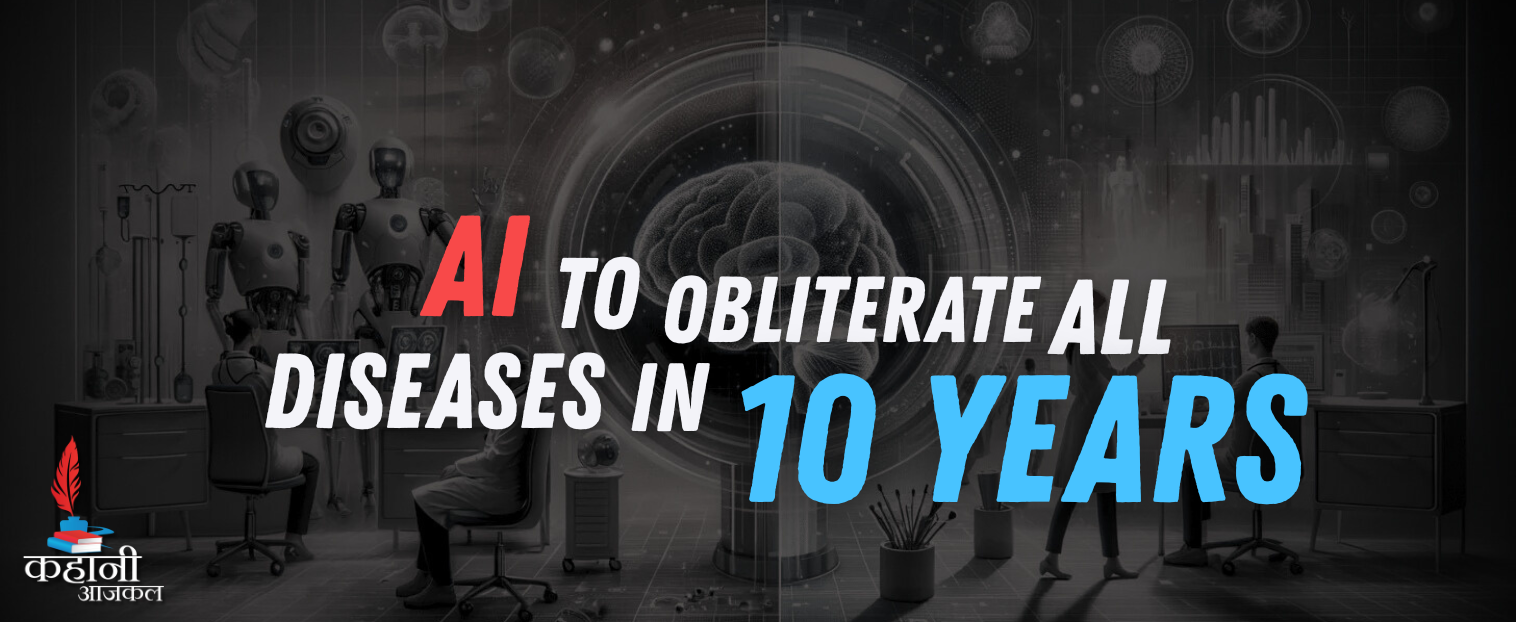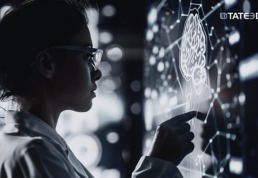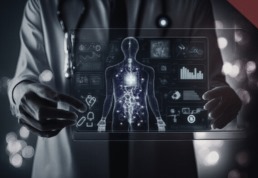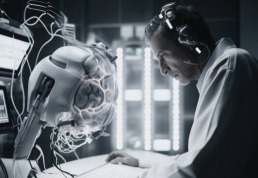Demis Hassabis Envisions AI Curing All Diseases Within a Decade
Overview
Nobel laureate and DeepMind CEO Demis Hassabis has articulated an ambitious vision for the future of medicine, proposing that artificial intelligence (AI) could potentially eradicate all diseases within the next decade. Building upon DeepMind's groundbreaking advancements, including the development of AlphaFold, Hassabis envisions a transformative era in healthcare driven by AI's capabilities.
Accelerating Drug Discovery
Hassabis emphasizes that AI can significantly expedite the drug development process, reducing timelines from years to mere months or even weeks. This acceleration is exemplified by AlphaFold's success in predicting protein structures, a task that traditionally required extensive time and resources. By leveraging AI to streamline these processes, the pharmaceutical industry could witness a paradigm shift in how treatments are developed and brought to market.
AI as a Scientific Innovator
Looking ahead, Hassabis foresees AI evolving beyond its current capabilities. He predicts that within five to ten years, AI systems will not only assist in solving scientific problems but will also independently generate new hypotheses. This progression towards Artificial General Intelligence (AGI) could lead to AI-driven scientific creativity, potentially identifying novel approaches to disease prevention and treatment not yet conceived by human researchers.
Ethical Considerations and Challenges
Despite the promising outlook, Hassabis acknowledges the ethical and practical challenges associated with AI's integration into healthcare. He highlights concerns such as the potential misuse of AI technologies and the necessity for robust regulatory frameworks to ensure that AI advancements benefit humanity equitably. Addressing these issues will be crucial to harnessing AI's full potential in medicine.
Future Prospects
Hassabis remains optimistic about the role of AI in shaping the future of healthcare. While recognizing the complexities involved, he believes that with continued innovation and responsible oversight, AI could play a pivotal role in achieving a future where diseases are no longer a significant threat to human health.
Sources
- The Economic Times
- Time Magazine
- The Guardian
- Associated Press








